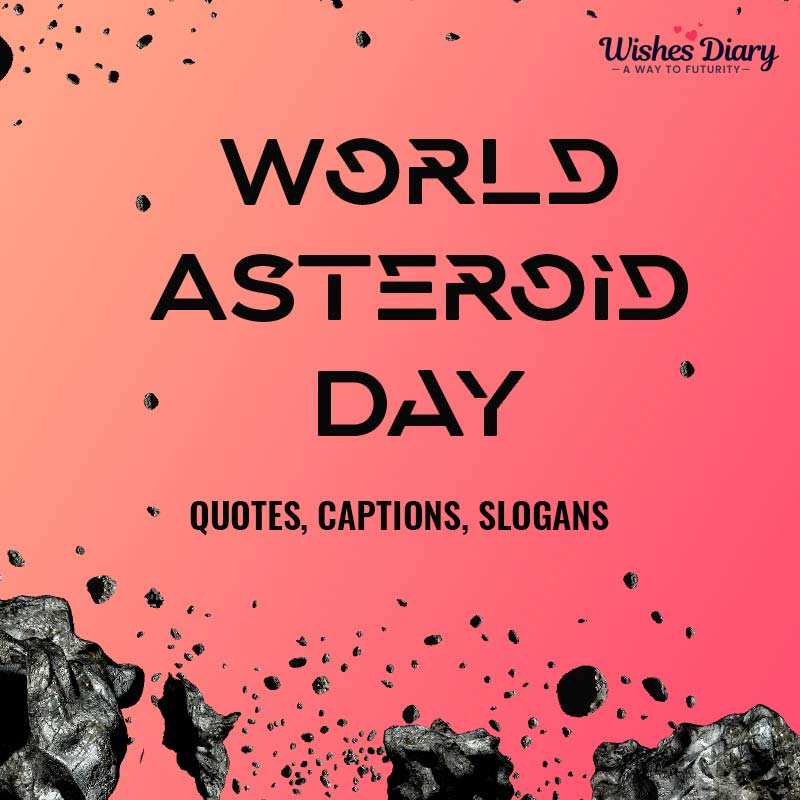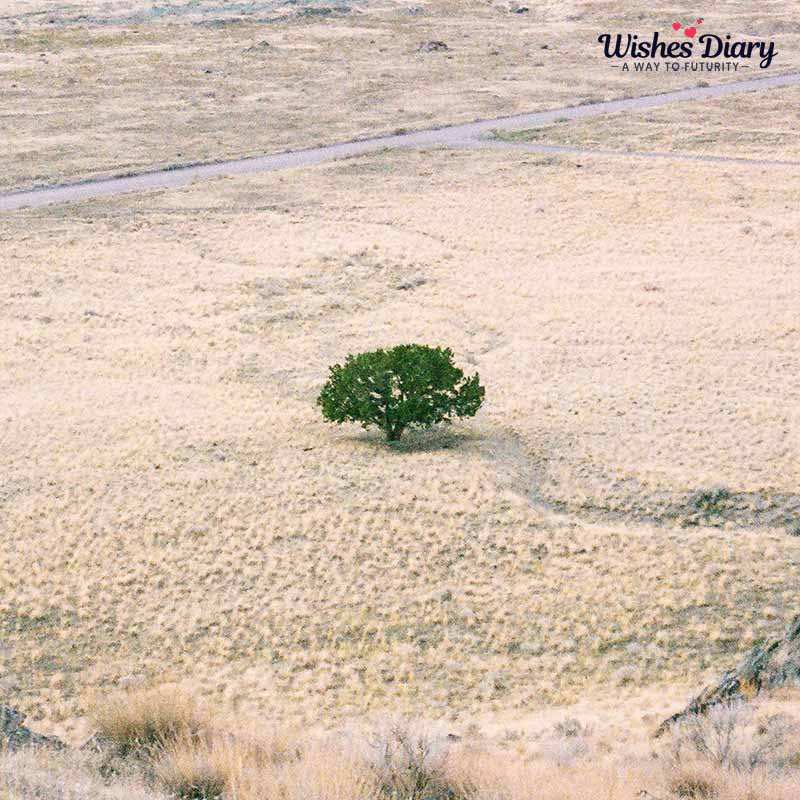June 30 is World Asteroid Day. Asteroids are captivating astronomical objects that have intrigued NASA astronomers for decades. These small, rocky bodies are found throughout the solar system and range in size from tiny dust particles to massive boulders. The majority of asteroids are located in the asteroid belt between Mars and Jupiter, but some can be found in other parts of the solar system as well. Throughout Earth's history, countless asteroids have impacted our planet, with estimates ranging from millions to billions. Fortunately, most of these impacts have been relatively small and have not caused significant damage. The first asteroid landing took place in 2005 when the Japanese Hayabusa spacecraft touched down on the near-Earth asteroid Itokawa. This achievement marked a significant milestone in space exploration.
Age & Size of Asteroids
The oldest asteroid on Earth is believed to be the Murchison meteorite, which fell in Australia in 1969. This meteorite is estimated to be 4.6 billion years old, the same age as the solar system itself. Determining the youngest asteroid is challenging because their ages vary depending on their location and history. However, some of the youngest known asteroids are thought to be less than 10 million years old. Ceres is the largest asteroid, with a diameter of approximately 590 miles. It is located in the asteroid belt between Mars and Jupiter and accounts for about one-third of the belt's total mass.
What Are the Risks of Asteroids to The Planet?
Gravel and dust billowing in our atmosphere as a result of an asteroid impact hinders sunlight from reaching our planet, resulting in a decrease in global temperature. Many living beings could die as a result of this incident. A village or city might be demolished if an asteroid the size of an apartment strikes Earth.
Which Asteroid Caused the Dinosaur Extinction and How Did It Affect Life On Earth?
To date, no asteroids have been confirmed to have directly caused human fatalities. However, there have been several close calls, such as the 2013 Chelyabinsk meteor, which injured over a thousand people in Russia. The asteroid that is believed to have caused the extinction of the dinosaurs is the Chicxulub impactor, which struck the Yucatan Peninsula in Mexico approximately 66 million years ago. This asteroid is estimated to have been between 6 and 9 miles in diameter and is thought to have caused widespread devastation, leading to the extinction of 75% of all plant and animal species on Earth.
Why Celebrate World Asteroid Day?
World Asteroid Day is celebrated on June 30th each year to raise awareness about the importance of protecting Earth from asteroid impacts. The day was founded by a group of astronomers, including astrophysicist Dr Brian May, in 2014. International Asteroid Day was declared by the United Nations in 2016 to be observed annually on June 30th. This day is celebrated by organizing events and educational activities to raise public awareness about asteroids and the risks they pose to our planet. You too come forward to raise awareness with the Wishes Diary. Share these specially written captions, quotes, slogans and statuses for World Asteroid Day on 30th June to aware people of the potential threat crisis and wrists of asteroids impact. If public engagement and education about Asteroid Day awareness grow this will lead to the chance of developing more technology to detect and prevent those asteroids' bad effect on the environment and human life.













